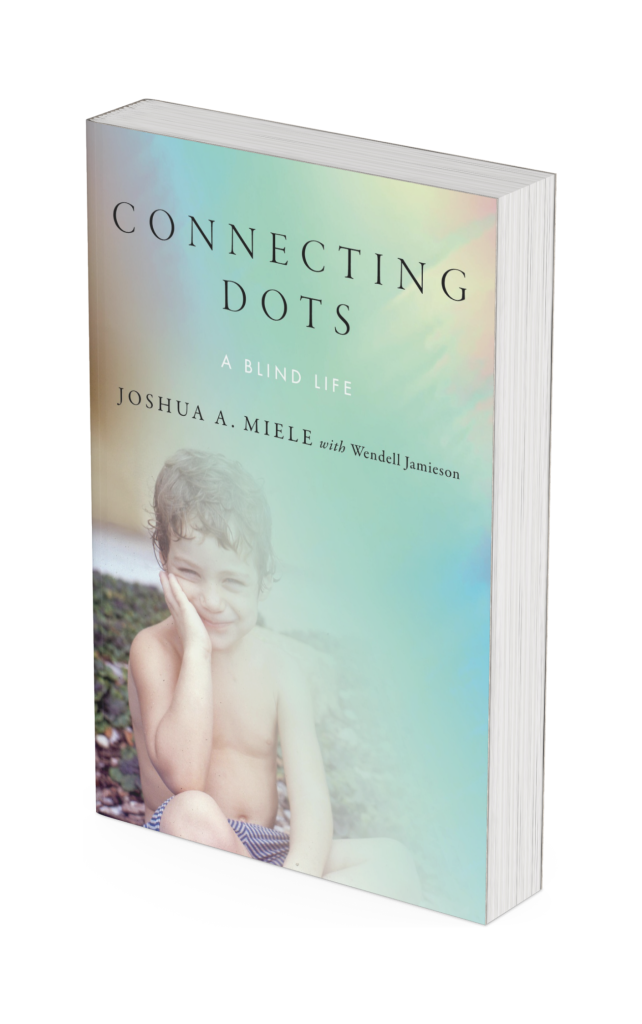Sometimes it’s hard to know where to get started learning about a complex topic like disability. If you haven’t had exposure to disability, or if you are just beginning to think about it in your own life, There can be a lot of confusing and conflicting messages. History, literature, and popular culture offer quite a range of disability representations. And many of them are far from flattering or appropriate in a modern context. For the disability newcomer, it can be quite a challenge to separate the signal from the noise.
Here I offer a few quick and easy ways to dive into the history, language, and lived experience of disability. There’s no end of resources on the topic, but these are great starting points. I hope you enjoy them and find them useful. Please feel free to post additional resources in the comments!
Disability History
Crip Camp is a short and powerful documentary with more disability learning per minute than any other activity you could possibly engage in. If you haven’t seen it yet, watch it as soon as possible. If you already watched it, watch it again. It’s that good!
It covers some of the most iconic moments of the disability rights movement of the 1970s — the 504 sit-ins and occupation of the San Francisco Federal Building. It s a great orientation to the basic landscape of that era and the events and personalities that shaped the modern disability rights movement. But the story begins long before the 1977 sit-ins — many of the key leaders in those events shared formative experiences at a camp for kids with disabilities in Upstate New York. This crip-camp experience was key to shaping attitudes and values of the powerful leaders who went on to spearhead the disability rights movement — summers with long-term and far-reaching impacts.
- Crip Camp on YouTube without audio description
- Crip Camp on YouTube with audio description
- Learn more about Crip Camp at CripCamp.com
Disability Language
Ironically, language can be a huge barrier to communication. Important disability topics are too-often talked around, shrouded in euphemism, or avoided entirely due to discomfort, shame, and fear of giving offense. But if we are to learn about and understand disability better, we must learn to talk about it directly and without fear. If we don’t talk about it, how can we learn about it?
The National Center on Disability and Journalism hosts a great Disability Language Style Guide. It includes notes on the evolution of disability language with excellent historical notes on deprecated terminology. The guide is designed for journalists, but it’s an excellent starting point for anyone interested in being able to speak and write effectively and respectfully about disability. Note also that language, like so many things, is a matter of opinion and shifts with ideas and events. It’s a guide, not a set of absolutes — learn from it, think about it, and enjoy it.
Disability Experiences
Disability is a vast and varied landscape. There are almost as many ways to be disabled as there are people with disabilities. While many blind people might recognize parts of my story in their own lives, my blind experience is my own. This is why a nuanced understanding of disability cannot be built from a single point of view. It requires a multitude of narratives and perspectives.
Of course, I hope you will read my memoir, Connecting Dots, but that’s just the story of my own blind life. You’ll surely learn something about blindness and disability, but there’s so much more to the disability experience. For a broader perspective, I strongly recommend checking out About Us: Essays From the Disability Series of the New York Times. It includes 60 short essays about living with disability by writers who know, offering a fabulously diverse set of perspectives on disability from the inside. Because the essays are short, this book is great for quick and measured bite-sized doses of disability learning — great for a bed-side or waiting-room coffee table. And since these essays were originally published in the New York Times, they’re perfect for someone like you who wants to get started learning about disability.
